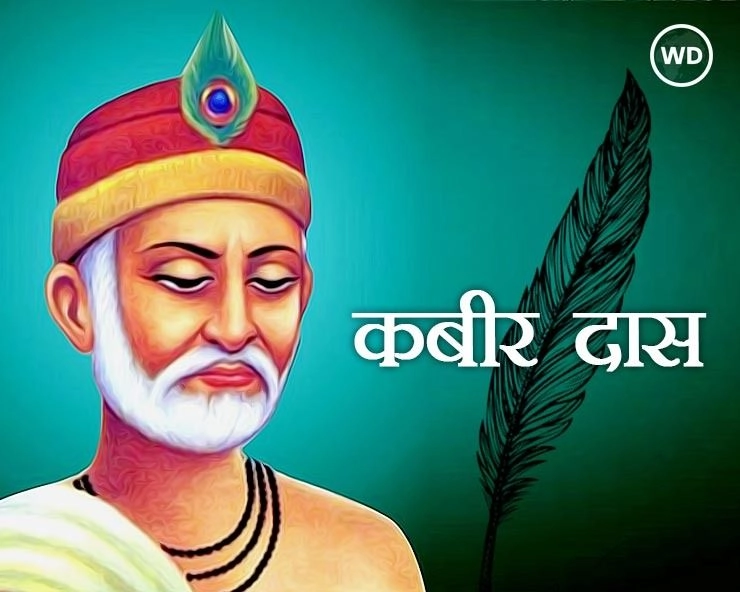Everyone suffers from effort, but no one realizes this.
Sage Ashtavakra, Ashtavakra Gita – 16-3
I’m surprised to find someone advocate non-action in Hindu scriptures, This is a selection of few verses from Ashtavakra Gita. Which is said to be a dialogue between a Great Brahmana Sage Ashtavakra and A great King , Janaka , who was the father of Sita, in Videha.
Bhagavan Sri Krishna condemns non-action in Bhagavad-Gita, resulting from focus on the results of action, that is focusing on consequences leading to inability to act. But, the non-action spoken of here in Ashtavakra Gita is similar to the one that is found in Tao Te Ching (Doa De Jing), a Chinese classic by LaoTzu. It can be rephrased as effortless action or doing without doing. Doing only when the need arises without using much of effort, letting things take their course according to the nature of things in harmony with everything in Nature.
अष्टावक्र उवाच ॥
कृताकृते च द्वन्द्वानि कदा शान्तानि कस्य वा ।
एवं ज्ञात्वेह निर्वेदाद् भव त्यागपरोऽव्रती ॥ ९-१॥
aṣṭāvakra uvāca ..
kṛtākṛte ca dvandvāni kadā śāntāni kasya vā .
evaṃ jñātveha nirvedād bhava tyāgaparo’vratī .. 9-1..
Aṣṭāvakra said: When will the opposites, whether done or not done, ever become calm and for whom? Thus, knowing this, and out of disillusionment, become focused on renunciation and free from rituals.
kṛtākṛte: done and not done
ca: and
dvandvāni: pairs of opposites
kadā: when
śāntāni: become calm
kasya vā: to whom (for whom)
evaṃ: thus
jñātvā: knowing
iha: here
nirvedāt: from disillusionment
bhava: become
tyāgaparaḥ: focused on renunciation
avratī: without rituals (non-ritualistic)
आयासात्सकलो दुःखी नैनं जानाति कश्चन ।
अनेनैवोपदेशेन धन्यः प्राप्नोति निर्वृतिम् ॥ १६-३॥
āyāsātsakalo duḥkhī nainaṃ jānāti kaścana .
anenaivopadeśena dhanyaḥ prāpnoti nirvṛtim .. 16-3..
Everyone suffers from effort, but no one realizes this. The blessed one who receives this teaching attains liberation.
āyāsāt: From effort
sakalaḥ: Everyone
duḥkhī: Is in pain
na: Not
enam: This
jānāti: Knows
kaścana: Anyone
anena: By this
eva: Indeed
upadeśena: Teaching
dhanyaḥ: The blessed one
prāpnoti: Attains
nirvṛtim: Liberation
समाध्यासादिविक्षिप्तौ व्यवहारः समाधये ।
एवं विलोक्य नियममेवमेवाहमास्थितः ॥ १२-३॥ ।
samādhyāsādivikṣiptau vyavahāraḥ samādhaye .
evaṃ vilokya niyamamevamevāhamāsthitaḥ .. 12-3.. .
By seeing how actions lead to distraction and concentration requires discipline, I have given up efforts for concentration. Thus, I have become established in my true nature.
samādhi: concentration
āsādi: leading to
vikṣiptau: distractions
vyavahāraḥ: actions
samādhaye: for concentration
evam: thus
vilokya: seeing
niyamam: discipline
evam: thus
eva: indeed
aham: I
āsthitaḥ: have established
कर्मानुष्ठानमज्ञानाद् यथैवोपरमस्तथा ।
बुध्वा सम्यगिदं तत्त्वमेवमेवाहमास्थितः ॥ १२-६॥
karmānuṣṭhānamajñānād yathaivoparamastathā .
budhvā samyagidaṃ tattvamevamevāhamāsthitaḥ .. 12-6..
Just as performing actions is due to ignorance, so too is the cessation of actions. Understanding this truth clearly, I have now become established in my true nature.
karma: actions
anuṣṭhānam: performance
ajñānāt: due to ignorance
yathā: just as
uparamaḥ: cessation
tathā: in the same way
budhvā: understanding
samyak: properly
idam: this
tattvam: truth
evam: thus
eva: indeed
aham: I
āsthitaḥ: have established



